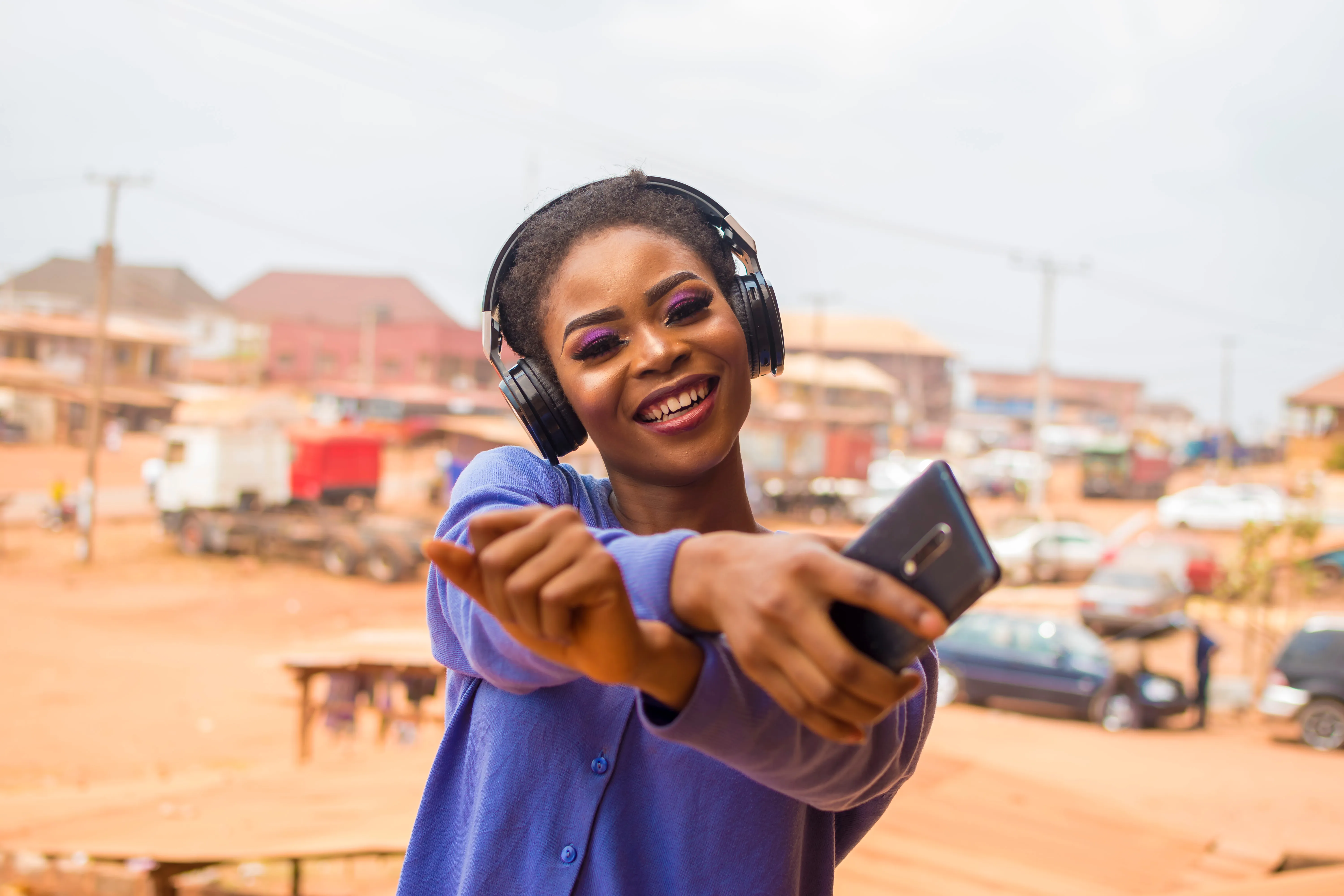Spotify, the world’s most widely used audio streaming service, is set to launch in 40 African countries this year after being inaccessible across the continent since its creation in 2008.
Most Africans have been unable to download Spotify either on Android or iOS unless they live in or have visited South Africa, Morocco, Egypt, Algeria and Tunisia.
The Swedish media giant is now targeting a diverse range of markets from Nigeria to Niger and Kenya to Guinea Bissau.
With more than 345m monthly active listeners, the NYE-listed company says it will “offer a world-class audio listening and music discovery experience to listeners”.
The launch coincides with a global expansion into 85 new markets across Asia, Europe, Latin America and the Caribbean, the company said on Tuesday.
“Launching in these new markets is a key next step to fulfilling our ongoing commitment to building a truly borderless audio ecosystem,” said Alex Norström, chief freemium business officer at Spotify.
The firm is offering a range of packages and functionalities to suit local market conditions.
In Kenya, for instance, listeners can subscribe to Spotify Premium for $3 per month compared to $15 in the UK.
Students can purchase a premium subscription for $1.50 per month and all payments can be made through mobile money service M-Pesa.
The challenge will be bringing the little-known service to a wider African audience and populating the platform with enough African content to appeal to users.
Regional reach
Spotify has successfully gained recognition on the continent for its wide use abroad.
Many users have downloaded the service while travelling abroad or used a proxy to download it within Africa.
But the app will have to win over users from an array of other music playing devices, such as home-grown streaming services, YouTube, CDs, memory sticks and feature phones.
Enormously popular African artists which have yet to take the world by storm have failed to gain much traction with Spotify listeners.
Franco, the late DRC talisman of Rumba, who can be heard on the airwaves across Central and East Africa, is hardly featured on Spotify.
His most popular song Mario has only 350,000 views and the profile comes without a description of the artist.
Contemporary artists such as Nyashinski, one of Kenya’s most popular rappers, only has 100,000 listens on Spotify for his latest release.
This demonstrates the work that Spotify has to do to make it the number one music-streaming platform in Africa.
Phiona Okum, head of music in sub-Saharan Africa, says that it will revolutionise the audio experience on the continent.
“African creators have always pushed boundaries, innovating and creating incredible sounds and starting from today we are giving them access and the opportunity to connect with a global audience of fans,” she says.
“By bringing in a best-in-class product and a localized experience made for Africa, we will contribute to boosting the growth of the local streaming ecosystem.”
The move offers competition for Africa-focused streaming-startups like Kenya-based Mdundo and Nigeria’s Boomplay.
It also follows a trend of global media companies expanding their influence in Africa over the last few years.
Universal Music Group, a US media company, announced in January that it would expand beyond its record label into Nigeria, Kenya and South Africa.
Indeed, Africa’s music industry is taking off – in South Africa, streaming should generate around $50.8m in 2022, more than three times what was generated in 2017, according to PwC.
Want to continue reading? Subscribe today.
You've read all your free articles for this month! Subscribe now to enjoy full access to our content.
Digital Monthly
£8.00 / month
Receive full unlimited access to our articles, opinions, podcasts and more.
Digital Yearly
£70.00 / year
Our best value offer - save £26 and gain access to all of our digital content for an entire year!
 Sign in with Google
Sign in with Google 



